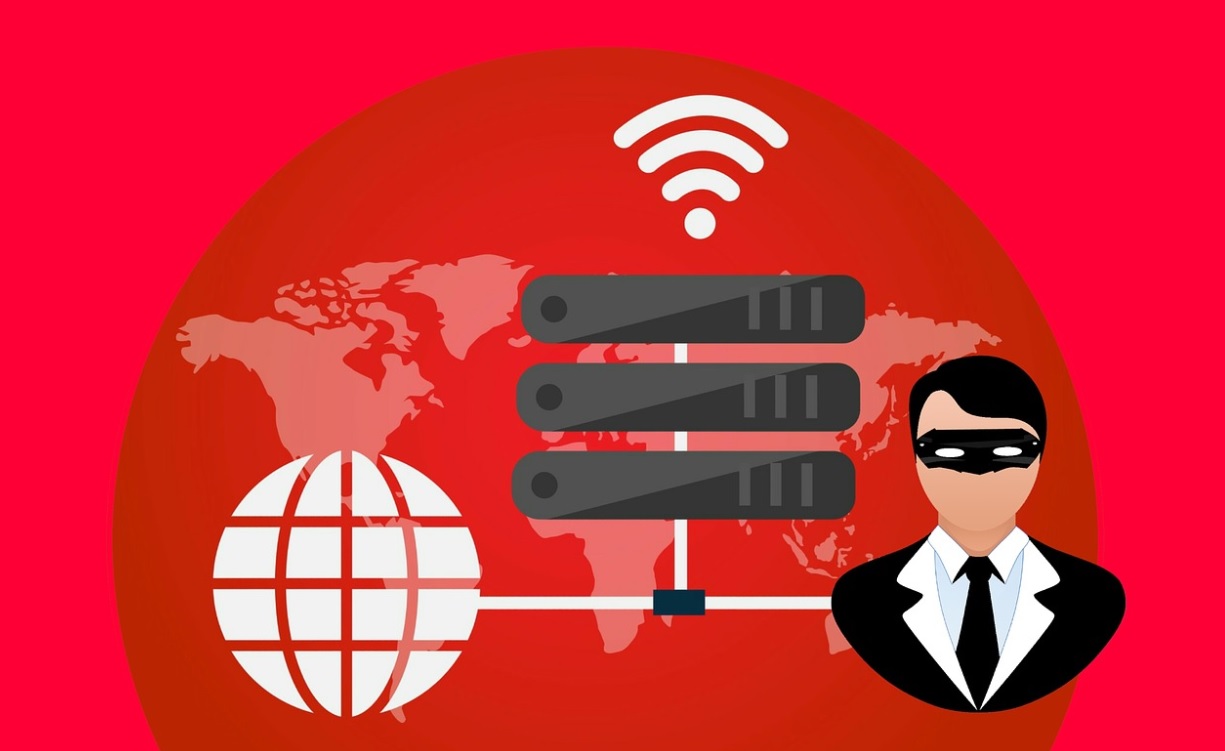What is VPN?
VPN stands for “Virtual Private Network” and refers to the ability to establish a secure network connection when using public networks. VPNs encrypt your internet traffic and conceal your identity online. This makes it more difficult for third parties to track your online activities and steal information. The encryption happens in real time.
How does it work?
A VPN conceals your IP address by routing it through a specially configured distant server maintained by a VPN host. This means that if you use a VPN to surf the web, the VPN server becomes the source of your data. This means that your ISP and other third parties cannot know which websites you visit or what data you send and receive online. A VPN acts as a filter, converting all of your data into “gibberish.” Even if someone were to obtain your data, it would be useless.

Decentralized VPNs
Decentralised VPNs are VPNs that do not have centralised control over server networks. Instead, they are made up of several users who offer their unused network traffic to others.
As a result, rather than connecting to servers controlled by VPN service providers, you join independent nodes. Providers also build dVPNs around blockchain initiatives.
Decentralised VPNs provide economic potential by allowing users to contribute to the service. For example, practically anyone may become a node in dVPNs simply setting it up without any particular hardware. Typically, node owners are paid with cryptocurrency or special tokens.
How do Decentralized VPNs work?
People can become both users and service providers thanks to decentralised VPNs. As a result, the goal here is to build a peer-to-peer network that eliminates the requirement for a centralised point of control.
Laptops or mini-computers such as the Raspberry Pi can be used to onboard nodes.
Such providers also create VPN tunnels for data rerouting. There are additional open-source VPN protocols that are commonly used in standard services.
IP addresses are assigned to clients based on routing rules, nodes, and tunnels. Users, like with normal and decentralised VPNs, can select their preferred location.
As a result, the use of decentralised VPNs is similar to that of regular Virtual Private Networks. dVPN providers will almost certainly supply software that interested users can install.
They can see all of the accessible nodes after they have been configured. While connecting, users may discover additional capabilities such as selecting DNS providers or enabling a kill switch.
Pricing for decentralized VPNs varies as well. Some may, for example, provide subscriptions, in which customers pay a predetermined sum for unrestricted access. Some dVPNs, on the other hand, adopt a different approach when consumers just need to pay for the bandwidth they utilize.
Are Decentralized VPNs safer than traditional VPNs?
Decentralised VPNs, in theory, can function without a central party controlling their servers. However, this does not imply that dVPNs are inherently more secure.
- dVPNs, like any other service, may be unstable or struggle to implement all security precautions required for private web browsing.
- In some circumstances, dVPN may reduce internet speed owing to infrastructure flaws or factors.
- All users interested in Virtual Private Networks, whether centralised or decentralised, should prioritise traffic encryption.
- As a result, knowing exactly how a dVPN provider handles your data is critical when selecting one. Only then can you put your trust in such open marketplaces and rent an IP address.
Furthermore, decentralised VPNs necessitate trusting the donors who provide bandwidth and IP addresses. A malfunctioning service could expose security flaws, allowing node owners to eavesdrop.
As a result, selecting a dVPN or normal VPN requires investigation in order to obtain a more secure internet connection. In both circumstances, you may come across untrustworthy items, which can unfortunately lead to data breaches and theft.
Decentralized VPNs vs Tor
Because of its decentralised structure, the Tor browser is similar to dVPNs. Tor is designed in this manner, and there is no way to know about all onion services. In some ways, dVPNs are similar to Tor architecture and node functionality.
Decentralised VPNs, on the other hand, only reroute traffic through one node. Tor is unique in that it routes data across at least three nodes.
What about traffic blaming when IP addresses are shared?
People that provide IP addresses to decentralised VPNs should understand who is in charge of traffic originated by their customers. What if connected users abuse their bandwidth for illicit purposes like child pornography or harassment?
In the worst-case situation, authorities may suspect node owners.
Examples of Decentralized VPNs
A decentralised VPN operates as a service, with anyone signing up to contribute to or utilise networks. Mysterium network, a peer-to-peer decentralised VPN service, is one of the choices.
You can also connect to the Deeper Network services. The latter is distinctive in that it mixes physical hardware, Web 3.0, and blockchain technology. As a result, users must obtain a plug-and-play device for their services. People can also win DPR tokens for their contributions.
Conclusion
Decentralised VPNs have potential, but implementation is everything. It, like any VPN-type service, must adhere to high ethical, security, and dependability criteria.
So, whether it’s traditional VPNs or decentralized VPNs, service providers must be open about their operations. In both circumstances, you may come across fake or low-quality items. Fortunately, if you utilise a reputable service, you may gain the benefits of traffic encryption and IP masking.

